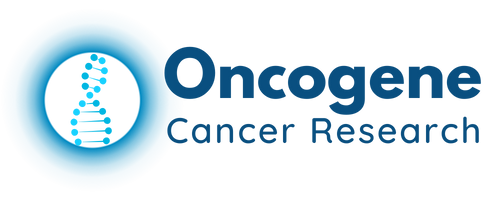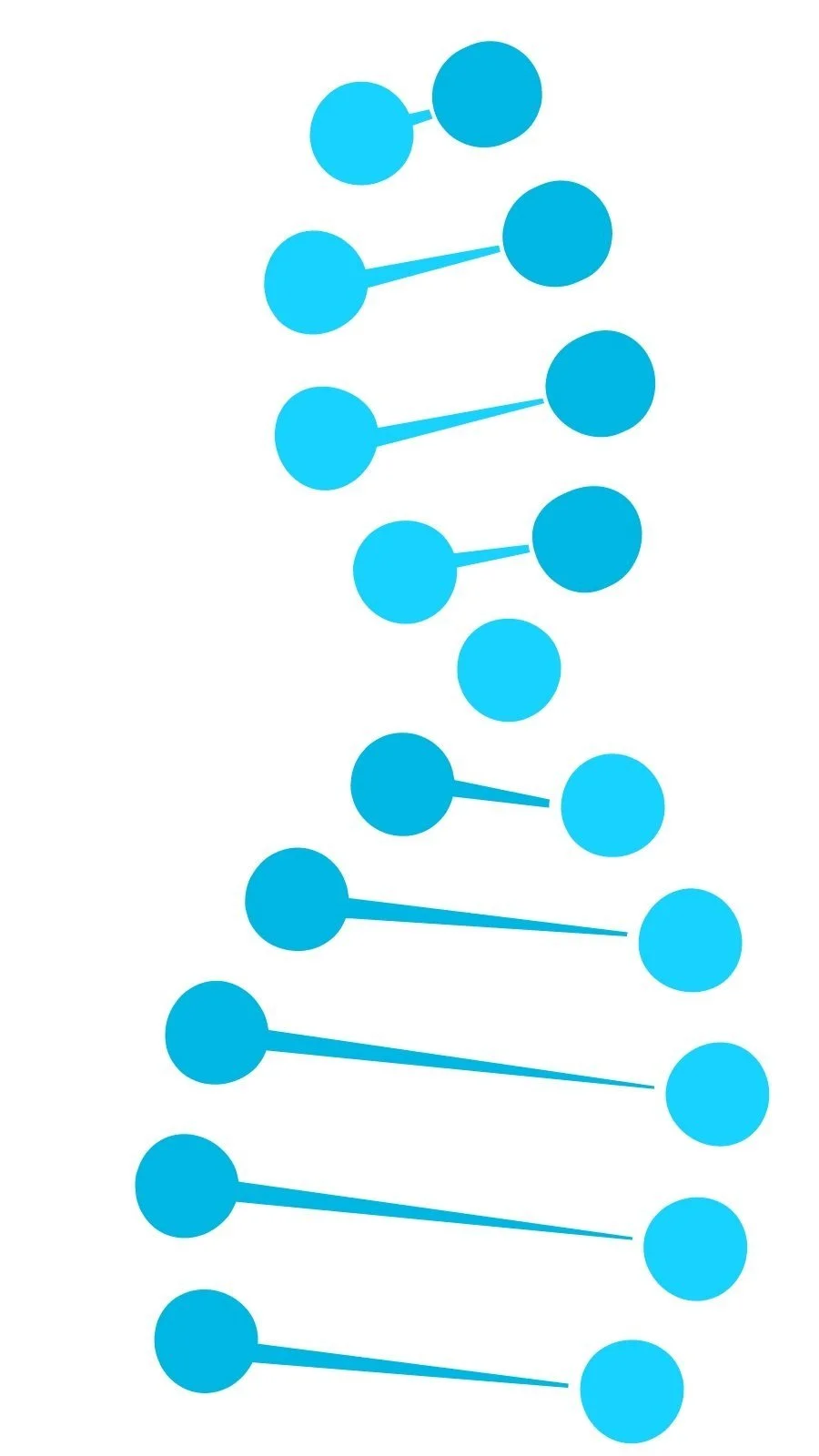More about oncogene cancers.
An oncogene is a mutated gene that has the potential to cause cancer. Before an oncogene becomes mutated, it is called a proto-oncogene, and it plays a role in regulating normal cell division. Cancer can arise when a proto-oncogene is mutated, changing it into an oncogene and causing the cell to divide and multiply uncontrollably. Some oncogenes work like an accelerator pedal in a car, pushing a cell to divide again and again. Others work like a faulty brake in a car parked on a hill, also causing the cell to divide unchecked.
Identifying oncogene-driven lung cancer.
Everyone diagnosed with non-small cell lung cancer – especially lung adenocarcinoma – should have comprehensive biomarker testing done on their tumours to look for oncogenes (or genetic abnormalities) in their lung cancer cells.
Common drivers in lung cancer include:
EGFR
ALK
ROS1
RET
MET
KRAS
HER2
BRAF
NTRK
While hereditary gene mutations (germline mutations) – those which you carry from birth – the mutations which are found via biomarker testing are usually acquired gene mutations (somatic mutations) found only in the cancer cells. While cancer cells can have many mutations, oncogene-driven mutations are the ones that are directly involved in the cancer process. These mutations drive the growth and spread of the cancer. Some, but not all, of the driver mutations are also targetable or have actionable mutations – meaning that they can be targeted with a drug.
There are targeted therapies are available for most of these alterations. These medications specifically target cancer cells and often have fewer side effects and better quality of life than traditional chemotherapy.
Some facts about a few common oncogene cancers.
EGFR
More common in women
Also in Asians, particularly East Asian heritage
Accounts for roughly 50& of lung cancers in young adults
15% of lung cancers express EGFR
More likely in those with little or no smoking history
ALK
50% are diagnosed before age 50
Occurs in approx. 5% of all lung cancers.
Approximately 30% ALK+ lung cancer patients diagnosed under age 40
Occurs mainly in lung cancer; can originate elsewhere - like the brain, bowel and breast
No known risk factors
RET
Occurs in 2% of non-small cell lung cancers
Average age <60 and no risk factors
10-20% of papillary thyroid cancers
1-2% of other cancers, including pancreatic, colorectal, bladder and breast
KRAS
KRAS is the most common biomarker associated with lung, colorectal, pancreatic plus other cancers.
KRAS accounts for around 25% of lung adenocarcinomas
Two most common KRAS
mutations in NSCLC, G12C (∼40%) and G12V
ROS1
Approximately 2% of non-small cell lung cancers
Similar frequency in other cancers including brain, blood vessels, skin, bile ducts, liver, pancreas and ovaries
No known risk factor or behaviours
Younger than the average
Likely from a random DNA copy mistake
NTRK
Occurs in rare tumours, like secretory breast and salivary gland cancers (90%), some childhood sarcomas and childhood thyroid cancers (26%)
Also happen in a small percentage of more common tumours, including lung, thyroid and colon cancer (1-5%)
MET
There are 4 major categories of MET protein alterations:
Mutation
Amplification
Over expression
Fusion
Primary versus acquired MET alterations.
When lung cancer is first diagnosed, there may be only a single genetic alteration. This is the primary genetic alteration. However, a genetic alteration can also be acquired as a resistance mechanism to treatment. For example, a person with a primary alteration of EGFR or ALK, who has been on a drug for that alteration, may also later acquire a MET alteration. They will then have two genetic alterations which may be treated in combination.

